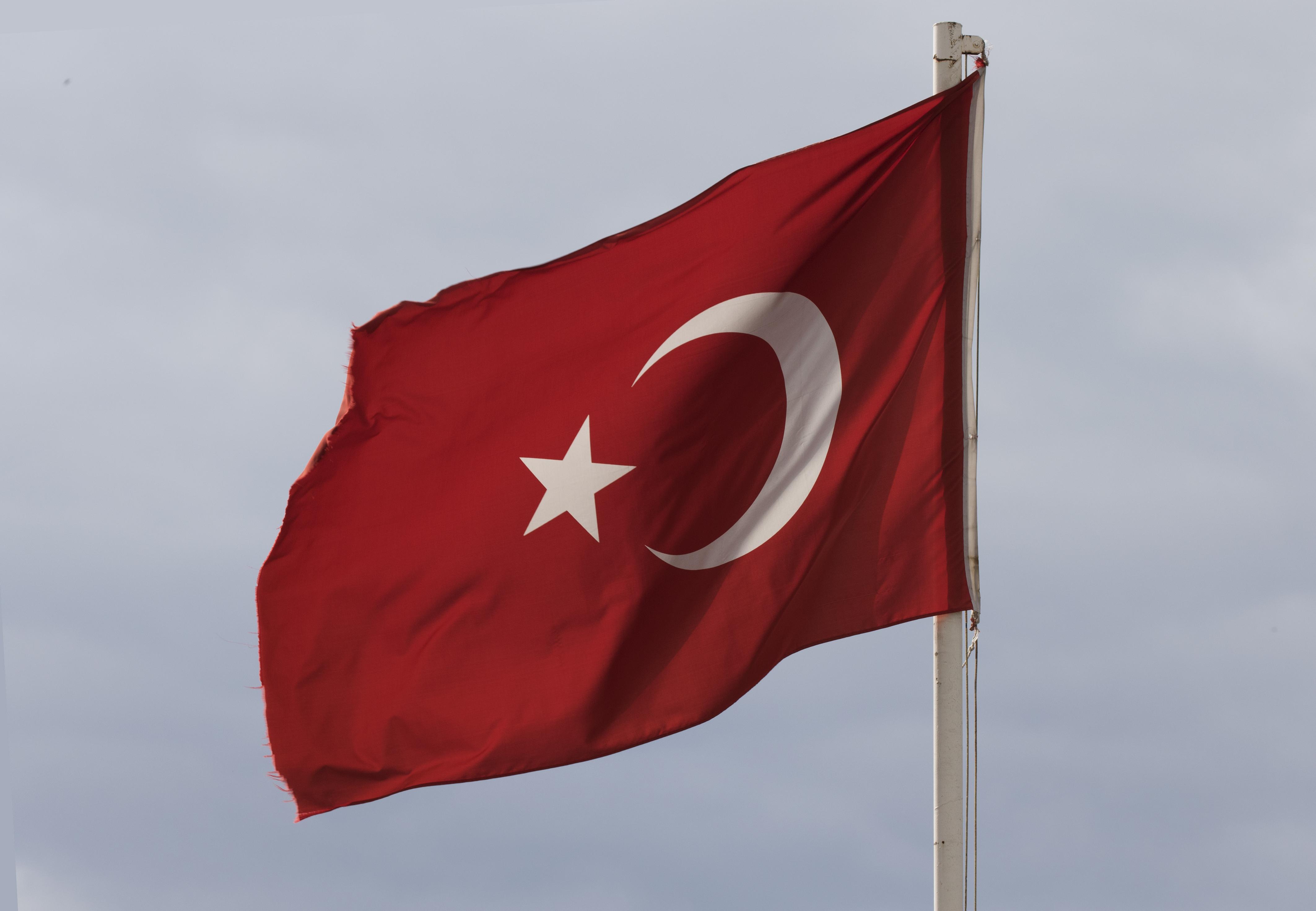
The future of the commercial turboprop aircraft segment is expected to be robust for operators and the aftermarket alike with a steady recovery anticipated in a post-Covid industry.
As the industry looks forward, a new entrant into the segment could emerge. Turkish Aerospace has become the latest aerospace manufacturer to indicate an interest in joining the commercial turboprop market.
The company is studying the feasibility for it to produce a clean-sheet 70-90-seat turboprop, with or without external partners, Turkish Aerospace chief executive Temel Kotil said in an interview with website ATN.
The company is already active in the civil market producing fuselage and wing panels for Airbus and Boeing aircraft, and is building a huge new composites facility to boost production.
Former Turkish Airlines CEO Kotil emphasizes that nothing has been signed off, but the Turkish Aerospace clearly sees an opportunity in a market that is dominated by a single manufacturer – ATR – and is more environmentally friendly than that for turbofan aircraft.
On the other side of the world, Embraer is also assessing whether to push ahead with a 70-100-seat turboprop, despite previously stating that the project would be impossible if Boeing didn’t complete its takeover (which it didn’t).
Aviation Week’s 2021 Fleet & MRO forecast estimates there will be roughly 4,100 turboprop models in service this year, with ATR accounting for 1,225 units and De Havilland Canada (DHC) turboprops comprising a further 1,364. At the end of the market (70 seats+) that Embraer and Turkish Aerospace are targeting, however, ATR holds an almost two to one advantage over the competing DHC aircraft.
The data predicts that ATR72 will maintain this lead over the Dash8-400 into the middle of the decade, and then extend it through to 2030, by which point Aviation Week forecast there will roughly 1,200 for the ATR72 in service versus roughly 600 Dash8-400s.
All of this assumes, of course, that no competitor aircraft enters the market.





